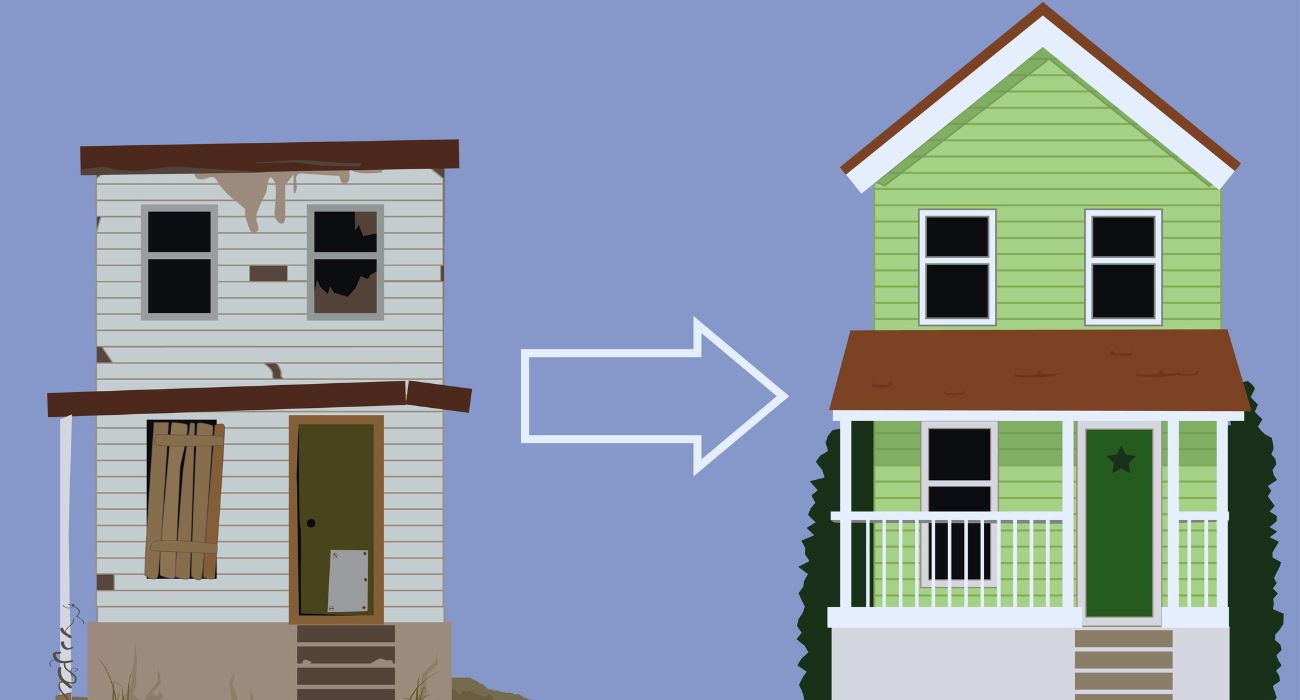The last two quarters have seen massive drop-offs in investor home purchases.
Investors waning interest in the housing market has brought the number of investment purchases down to levels not seen since before the COVID-19 pandemic, according to the latest report from Redfin Corp.
In a review of 39 of the most populated U.S. metro areas, Redfin found that investor home purchases fell 48% in Q1 2023 compared to the previous year and 45% in Q2 2023, marking the most significant decline seen since 2008.
About 50,000 homes were bought in Q2 2023, the lowest for any Q2 in the past seven years despite the quarter being when such activity usually peaks. Relatedly, the National Association of Realtors (NAR) noted that only 11% of transactions over the past quarter were by investors.
Nationwide, the inventory of homes for sale has dropped, tightening the U.S. market overall.
As previously reported by The Dallas Express, Dallas has one of the worst housing shortages in the country, at least according to an analysis conducted by the Bank of America Institute. One contributing factor has been the City’s difficult-to-navigate and delay-prone development process, which often results in long permit cycles and frustration in the building community.
A report by CPAL, a local nonprofit, determined that Dallas’ supply shortage was 44,280 units for households earning 30% or less of the area’s median income (AMI) and 33,660 units for households earning 50% of AMI.
Fort Worth, however, has seen its housing inventory steadily climb since August, as previously reported by The Dallas Express.
Nonetheless, decades-high mortgage rates continue to make potential homebuyers hesitant about purchasing a new home. The 30-year fixed-rate mortgage stood at an average of 7.57% as of October 12, according to Freddie Mac.
As a result, industry experts have predicted that 2023 will close out with the fewest home sales nationwide in over a decade, as recently covered by The Dallas Express.
Home flipping has also seen a downward trend in the United States. The number of home flips went from 1 in every 10 sales to 1 in 13 between Q1 and Q2 of this year.
Barber also noted that house flippers were concentrating on housing markets where home prices have remained relatively low, including in cities in the South, such as Macon, Georgia, Columbus, Georgia, and Spartanburg, South Carolina.
Even though investors have pulled back, they have injected hefty sums into the market. For instance, in Q2, investors bought $36.4 billion worth of homes — or 15.6% of homes sold nationally — in the second quarter of this year. This is up from $34 billion in Q2 2018 and $31.9 billion in Q2 2019, according to Redfin.






